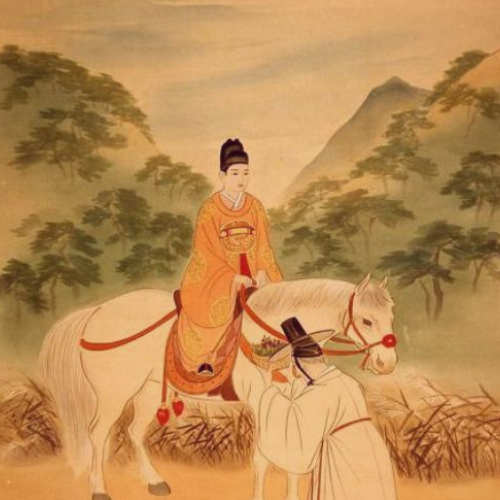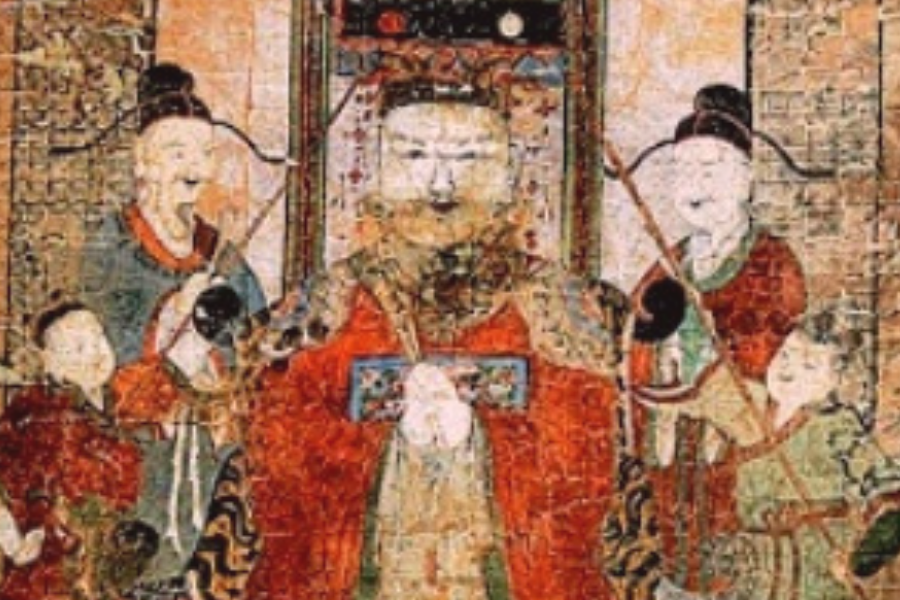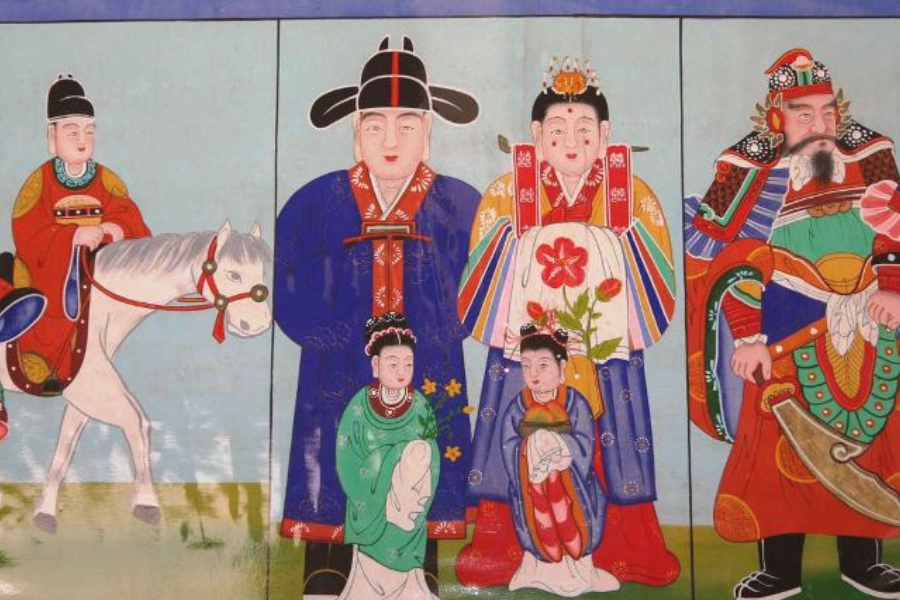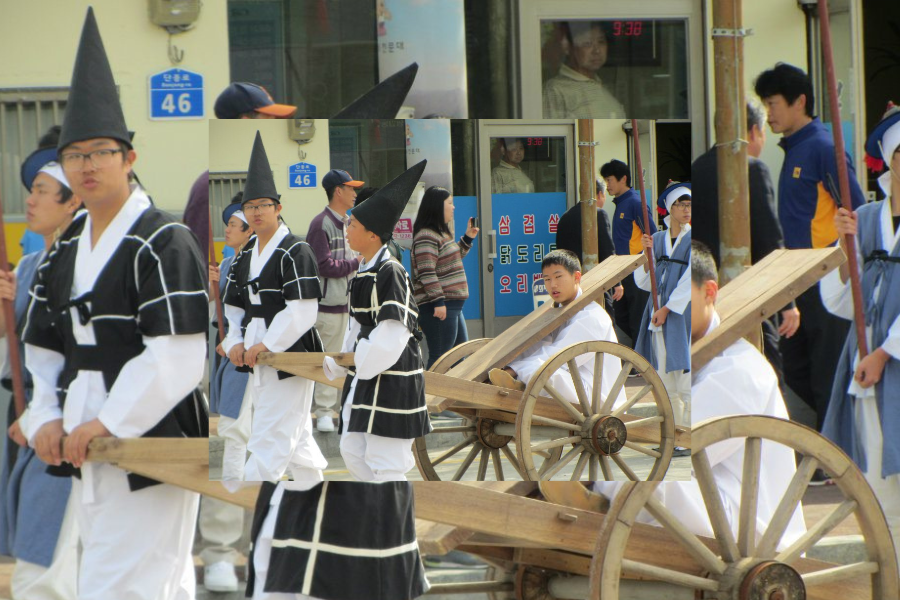The Tragic Tale of King Danjong: Korea’s Youngest and Most Unlucky King
- byT.Sapphire 💙
- 9 months ago
- 0 Comments
- 3mins

If you’re into K-dramas where the innocent character just can’t catch a break no matter how good they are, then this story is for you. Today, we're talking about one of the most heart-wrenching figures in Korean royal history, and I am talking about none other than King Danjong. And trust me, it’s giving full-on “royal betrayal, tragic ending” energy.
History

King Danjong was born as Yi Hongwi, the only son of King Munjong. When his father died unexpectedly in 1452, Danjong had to take the throne at just 12 years old. That’s right, 12. Most of us were just figuring out how to survive middle school at that age, and this kid was handed a whole kingdom. But being a child king was not the dream gig it sounds like. His uncle, Grand Prince Suyang, didn’t exactly have “supportive family members” in mind. Instead, he had his eyes locked on the throne, and little Danjong was standing in his way. After just two years on the throne, Suyang staged a coup and forced Danjong to abdicate. Talk about family drama.
Suyang didn’t stop there. He became King Sejo and then went into full villain mode. Loyal ministers who tried to restore Danjong to the throne, like Seong Sam-mun and Park Paeng-nyeon, were executed for treason. They’re now famously known as the “Sayuksin” or “Six Martyred Ministers” and are remembered for their bravery and loyalty. As for Danjong, he was first exiled to Yeongwol, a quiet and remote region. But even that wasn’t enough to keep Sejo from feeling threatened. So, in 1457, at just 17 years old, Danjong was quietly executed by poisoning while in exile. No fair trial, no last chance, just a lonely end for a once-hopeful boy king.
Legacy

Even though Danjong’s life was tragically short, his story lived on. Years later, during the reign of King Sukjong in the late 1600s, Danjong’s royal status was posthumously restored. His final resting place, Jangneung in Yeongwol County, is now a peaceful and historical site that many visit to pay their respects. Danjong may not have had a long list of accomplishments like King Sejong, but he has something just as powerful, an emotional legacy. He represents the injustice of power taken too soon, the heartbreak of betrayal, and the loyalty of those who were willing to die for what they believed in. His story shows that sometimes, the quietest kings leave the loudest echoes in history.
In Popular Culture

Of course, you know K-dramas couldn’t leave this story untouched. His life has inspired many dramas and films, including The Princess’ Man, Secret Door, and even historical films that take creative liberties to tell his story from new angles. Every time you see a young crown prince in trouble on-screen, just know there’s probably a little bit of Danjong in that script.
King Danjong’s life was short and filled with sorrow, but it was also filled with meaning. His fall from grace reminds us of the fragility of power and the strength of loyalty. He may have ruled for only two years, but his story continues to move hearts centuries later. So next time you hear about Korean kings, don’t sleep on Danjong, he might just be the saddest, most unforgettable of them all.
T.Sapphire 💙
T. sapphire is a writer who found her love for the Hallyu wave after watching the historical drama “Jumong.” She is mainly interested in Korean dramas and the history of Korea at large. Explore her pieces as she takes you on a journey through K-Drama recommendations and keeps you informed about the history of the Korean people.
If Disney Princesses Were K-pop Idols
0 Comment(s)
Related Posts
Daily Newsletter
Get all the top stories from Blogs to keep track.





Leave a comment